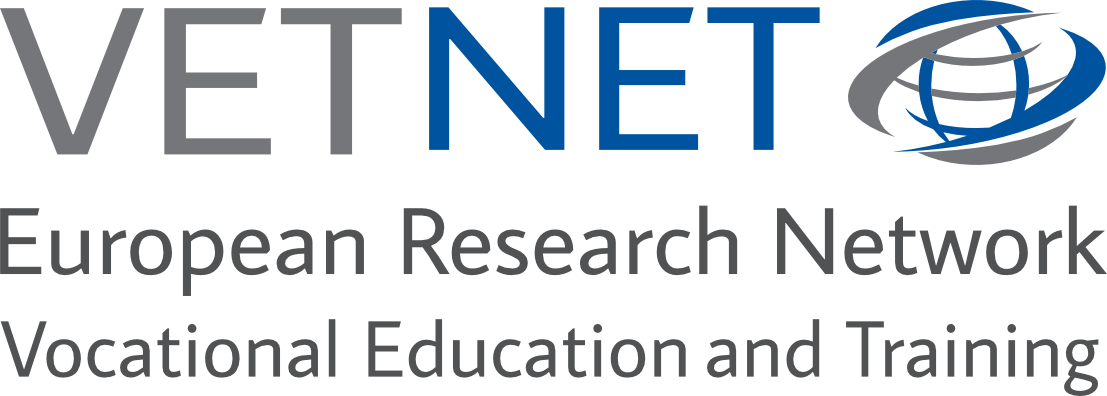Educational Interventions to Promote Self-Regulated Learning in Vocational Schools - A Systematic Review
DOI:
https://doi.org/10.13152/IJRVET.12.2.3Keywords:
Self-Regulated Learning, Vocational Schools, Intervention Studies, Systematic Review, VET, Vocational Education and TrainingAbstract
Purpose: In the evolving landscape of the 21st century, characterized by dynamic global challenges such as health crises, climate change, and rapid technological advancements, the imperative of lifelong learning has become more pronounced than ever. Self-Regulated Learning (SRL) plays a pivotal role in lifelong learning, involving independent, self-directed behaviors to enhance knowledge and skills. While the significance of SRL is widely acknowledged in the broader context of lifelong learning, its specific role in vocational schools is a critical aspect that requires careful investigation. In these specialized educational settings, effective SRL practices are not only integral to individual academic success but are also crucial for fostering the competencies essential for a thriving professional career. However, there is a need for a systematic analysis of how SRL is fostered within vocational schools. Despite its importance, the current best practices for promoting successful SRL in vocational schools remain underexplored. Therefore, this study aimed to systematically review intervention studies focused on changing educational practices related to SRL in vocational schools. Specifically, we addressed two key research questions: (1) What are the characteristics of intervention studies aimed at fostering SRL in vocational schools? and (2) What is the quality of these interventions in terms of their impact on promoting SRL?
Methods: To address these questions, we conducted a systematic review of intervention studies focused on fostering SRL in the context of vocational education. Our review includes 11 studies, with 10 reporting positive effects of interventions promoting SRL.
Findings: The findings highlight that collaborative and problem-solving approaches, along with learning environments emphasizing student autonomy, are effective methods for enhancing SRL. Additionally, the review underscores the importance of distinguishing between direct and indirect interventions to promote SRL in the classroom. The effectiveness of each approach is contingent on the specific context and student population.
Conclusion: However, comparing and drawing conclusions from these studies presented challenges due to the limited similarity in outcome measures and variations in the quality of evidence. Future research should consider methodological adjustments to address the heterogeneity of intervention studies on SRL at the vocational school level, including the development of standardized assessment tools and more rigorous experimental designs to better evaluate the impact of SRL interventions. These adjustments are crucial for ensuring that vocational schools can effectively integrate SRL practices that not only align with academic goals but also prepare students for the demands of their professional careers.
Downloads
Online First / Final Publication Date
How to Cite
Issue
Section
URN
License
Copyright (c) 2025 Mathias Mejeh, Corinne Grieder

This work is licensed under a Creative Commons Attribution-ShareAlike 4.0 International License.





